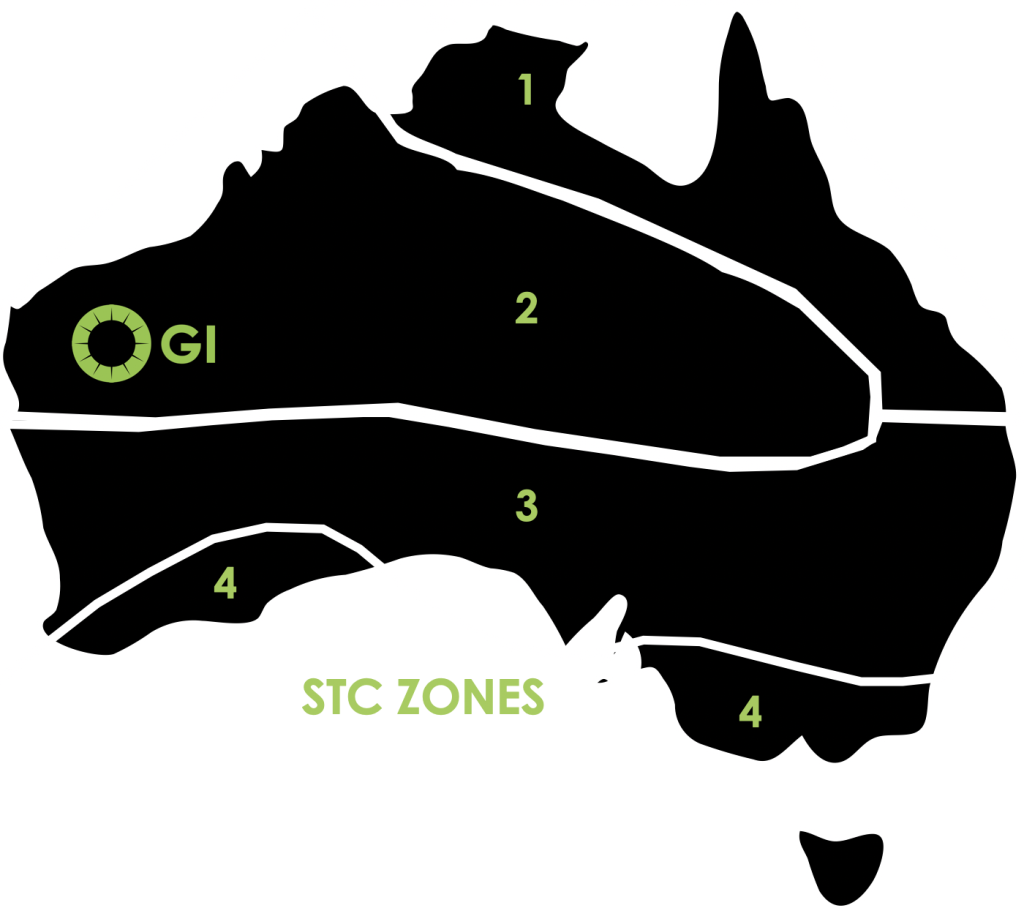Commercial Solar: The Ultimate Guide for Australian Businesses
Quick overview: Commercial solar helps Australian businesses cut rising energy costs, boost sustainability, and secure long-term savings. With generous government rebates, advanced battery options, and smart energy management tools, it’s never been a better time to invest in commercial solar.
Why Commercial Solar Is Booming in Australia
Australia leads the world in solar adoption—and it’s no surprise why. With soaring power bills, sustainability goals, and strong financial incentives, commercial solar isn’t just a green decision—it’s a smart business move.
- Rising Energy Costs
Businesses across Australia are feeling the pinch of escalating electricity rates, which have increased by up to 25% in recent years. Locking in solar reduces your exposure to these price hikes. - Carbon Reduction Goals
Pressure is mounting on organisations to report on and reduce carbon emissions. Commercial solar helps you cut carbon overheads and progress toward net-zero targets. - Energy Independence
As businesses add more electrical infrastructure (EV chargers, HVAC systems, automation tools), grid capacity limits become an issue. Solar plus battery provides reliable, self-generated power. - Exceptional ROI Opportunities
With smart design, subsidies, and advanced energy management, some systems deliver returns in under 2 years—though 3–7 years is the typical window.

What Rebates and Subsidies Are Available for Commercial Solar?
Australia’s subsidy framework is one of the most generous globally. Here’s a breakdown of what’s available:
| Subsidy Type | System Size | Rebate Type | Typical Coverage |
| STCs (Small-scale Technology Certificates) | 0–100kW | Upfront | ~30% of install cost |
| LGCs (Large-scale Generation Certificates) | 100kW+ | Ongoing, per kWh generated | Paid quarterly via aggregator |
| Battery STCs | Up to 50kWh | Upfront | ~30% of battery cost |
| State-Based Programs | Varies | Additional grants or rebates | Various |
Note: These rebates decrease annually. Installing before December 31 ensures maximum benefit.
For full state-based battery rebate details, download our free battery subsidy guide.

The number of solar panel STCs you receive will depend on the system size and the ‘zone’ you are in.
Commercial Solar Battery Integration: Do You Need One?
Adding a battery to your solar system gives you greater control over when and how you use power. But it isn’t always necessary.
Who benefits most from batteries?
- Businesses with night-time energy usage (motels, hospitality)
- Those with high demand charges
- Sites planning EV charger rollouts
- Those interested in grid trading or wholesale arbitrage
Who may not need one?
- Retailers or offices operating mostly during solar generation hours (9AM–5PM)
Tip: Ask GI Energy for a custom load profile assessment to know what size battery (if any) makes sense for you. Request your free assessment.
How Commercial Solar ROI Is Calculated
Your return on investment depends on:
- Daily load profile (when you use electricity)
- Tariff structure (flat rate vs. demand-based)
- Installation size and cost
- Government subsidies claimed
- Battery inclusion and usage pattern
Typical ROI ranges from 2 to 7 years. Extreme outliers exist (as low as 1.8 years or as long as 10 years) depending on site complexity and utilisation.
No Upfront Capital? Consider a Power Purchase Agreement (PPA)
PPAs let you install solar without paying upfront. GI Energy funds and maintains the system, and you simply pay for the solar electricity you use at a lower rate than grid power.
PPA benefits:
- No capital investment
- Guaranteed savings
- Fixed, predictable pricing
- Maintenance & warranty fully covered
Best for systems over 100kW.
Future proofing with Smart Energy Management
High-load businesses face potential grid limitations—especially with EV charging infrastructure. This is when the electricity you can get from the grid is no longer enough for what you need. GI Energy offers load-balancing systems that:
- Ensures your available solar, battery and grid power is distributed intelligently to avoid power tripping out
- Prioritise power to essential loads
- Schedule EV charging only when power is available
- Avoid expensive grid upgrades
Energy trading options are also available using intelligent batteries. Buy low, sell high—automatically.
What to Look For in a Commercial Solar Installer
The commercial solar space is crowded—but not all providers are equal. Mistakes on large systems are costly and complex.
Choose an installer that:
- Asks for detailed load profiles before quoting
- Has a proven track record (15+ years preferred)
- Is NETCC Accredited
- Provides engineering-grade designs, not handwritten quotes
GI Energy has installed thousands of commercial solar systems with industry-best customer satisfaction. Request a no-obligation quote.

Key Takeaways
- Commercial solar is financially smart. ROI can be under 3 years with the right setup.
- Subsidies are generous but decreasing. Maximise your benefit by acting soon.
- Not all systems need batteries. Use-case design is crucial.
- PPAs are ideal for large businesses that want solar savings without capex.
- Choose an expert. Poorly designed systems cost more long-term.
FAQs About Commercial Solar
Is commercial solar really worth it in 2025?
Yes. With electricity prices at historic highs and STCs still covering up to 30%, solar and batteries represent strong investments.
How long does it take to install a commercial system?
For smaller systems 40kW or under, typically 4–8 weeks from approval to completion, depending on complexity. For larger systems allow 3 months from order to start date as approvals take longer.
What size system do I need?
That depends on your usage. GI Energy can analyse your consumption and propose a custom system.
Do commercial solar panels need maintenance?
Minimal. Panels should be cleaned and checked annually. GI Energy offers service packages.
Can solar help with EV charging at my site?
Absolutely. Solar and battery integration supports efficient, prioritised EV charging.
Can I get solar if I lease my building?
Yes, but you’ll need landlord approval. PPAs can make this easier to negotiate.
About GI Energy
GI Energy is an award-winning Australian solar and battery installation company with over a decade of experience. Known for ethical practices, high-performance systems, and exceptional after-install support, GI Energy is trusted by homeowners, councils, schools, and major businesses nationwide.
Written by Daniel McCabe, founder and strategist at GI Energy. With over 16 years in the energy industry — from procurement to solar and holistic energy management — Daniel is focused on helping Australians take a balanced, long-term approach to their energy needs.














